Mark Cuban Book Recommendations
Mark Cuban is an American billionaire entrepreneur, investor, and television personality best known for his role on Shark Tank and as the owner of the NBA’s Dallas Mavericks. He made his fortune in the tech industry by co-founding and selling Broadcast.com to Yahoo! in 1999 for $5.7 billion. Known for his outspoken style and sharp business acumen, Cuban invests in startups across industries through his ventures and Shark Tank appearances. He’s also a strong advocate for innovation, healthcare reform, and digital technology. Cuban’s success is grounded in relentless self-education, hustle, and a no-nonsense approach to business and life.
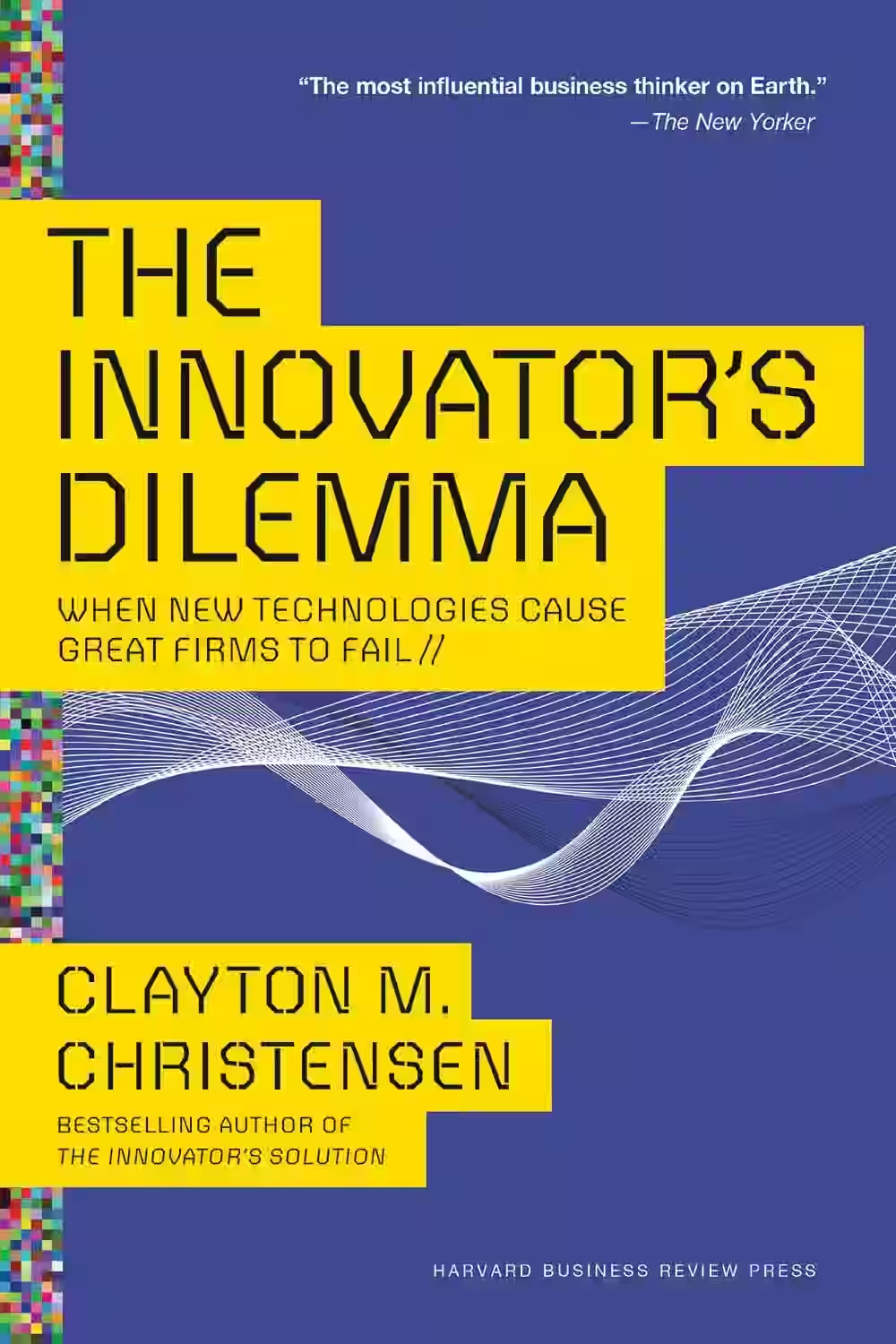
Clayton Christensen’s The Innovator’s Dilemma examines why successful companies often fail to adapt to disruptive technologies. Through real-world examples, including the fall of once-dominant firms, Christensen argues that businesses focusing solely on current customer needs can miss innovations that reshape industries. He introduces the concept of “disruptive innovation”—simpler, cheaper alternatives that gradually overtake established products. The book offers insights for entrepreneurs, managers, and leaders on how to foster innovation before it’s too late. Widely influential in tech and business, it challenges conventional wisdom and urges a proactive approach to navigating technological change.
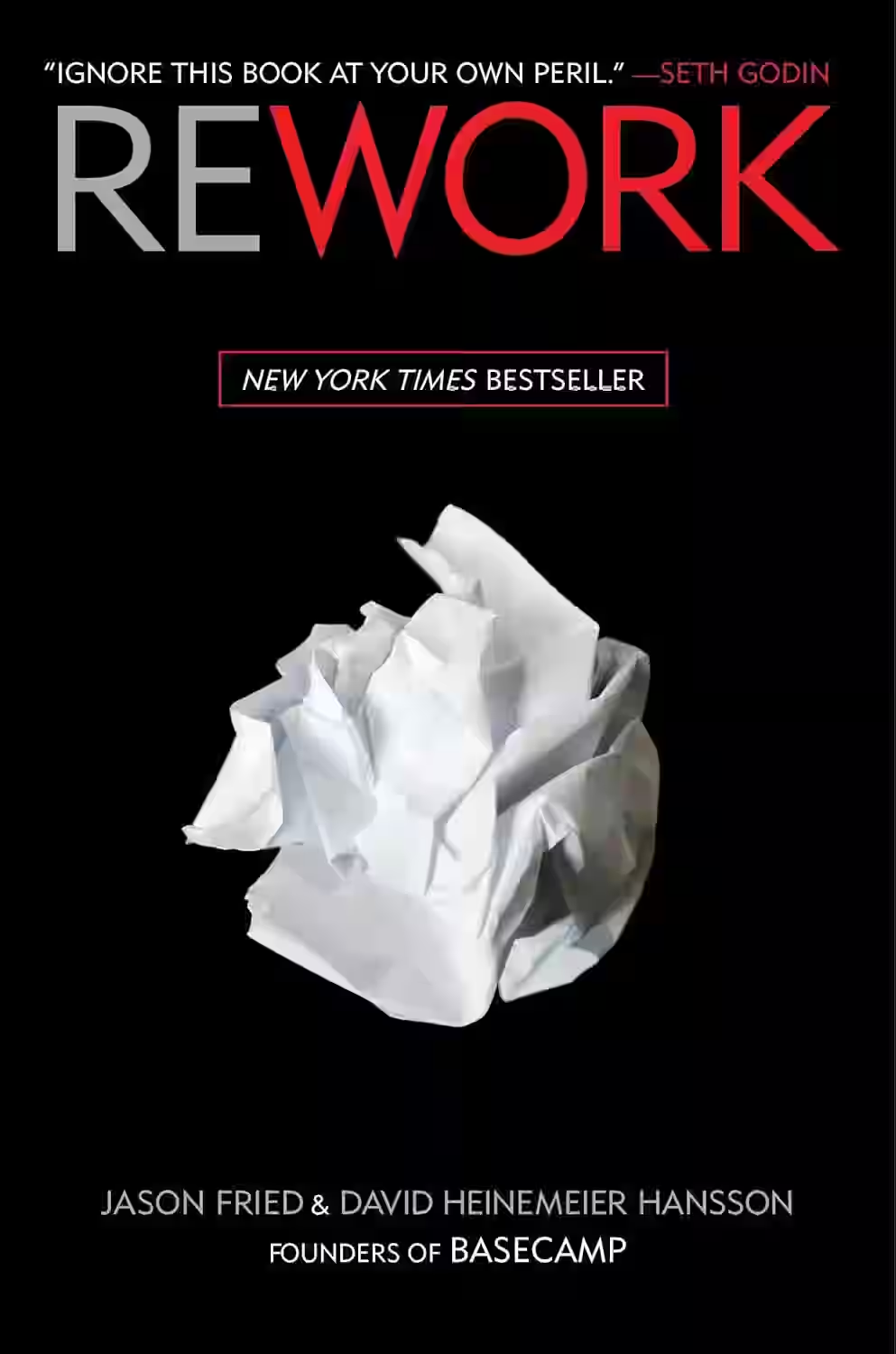
Rework is a no-nonsense guide to building and running a business differently—smarter, leaner, and with less bureaucracy. Written by the founders of Basecamp, the book dismantles traditional startup myths and offers fresh advice on productivity, marketing, hiring, and growth. Each chapter is short and punchy, advocating for simplicity, speed, and authenticity. Rework encourages readers to launch quickly, ignore competitors, and focus on real value rather than business plans or investor pitches. Whether you're an entrepreneur, freelancer, or team leader, this book provides a practical, counterintuitive perspective on what really matters when creating something meaningful.
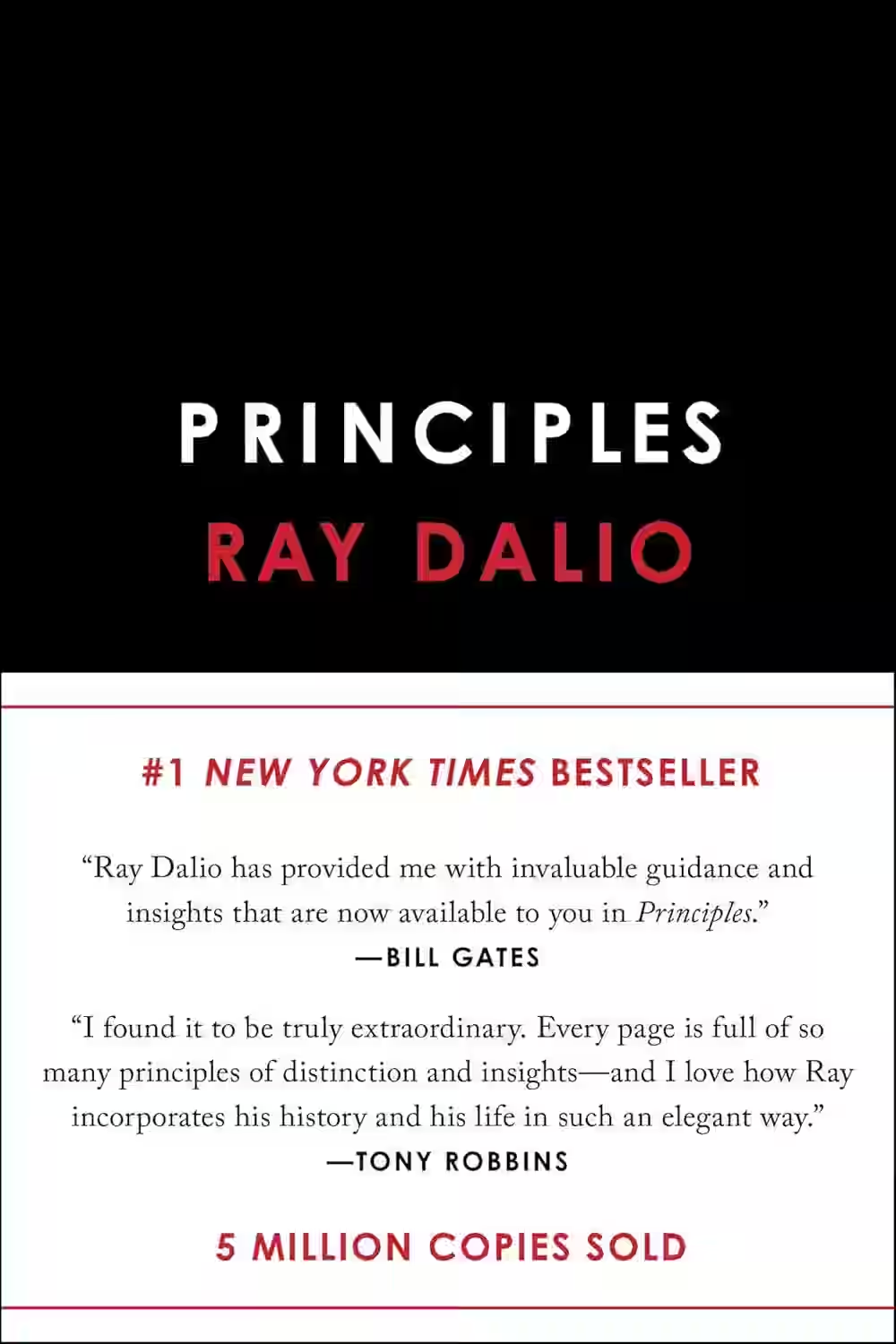
In Principles, billionaire investor Ray Dalio shares the core life and work principles that guided him in building Bridgewater Associates into one of the world’s largest hedge funds. The book is split into three sections: a personal journey, life principles, and work principles. Dalio emphasizes radical transparency, meritocracy, and continuous learning. He advocates for clear decision-making frameworks and a systematic approach to solving problems. Combining autobiography, management philosophy, and practical advice, Principles serves as a handbook for both personal growth and organizational excellence. It's especially relevant for leaders, investors, and anyone seeking to improve decision-making through reflection and structure.
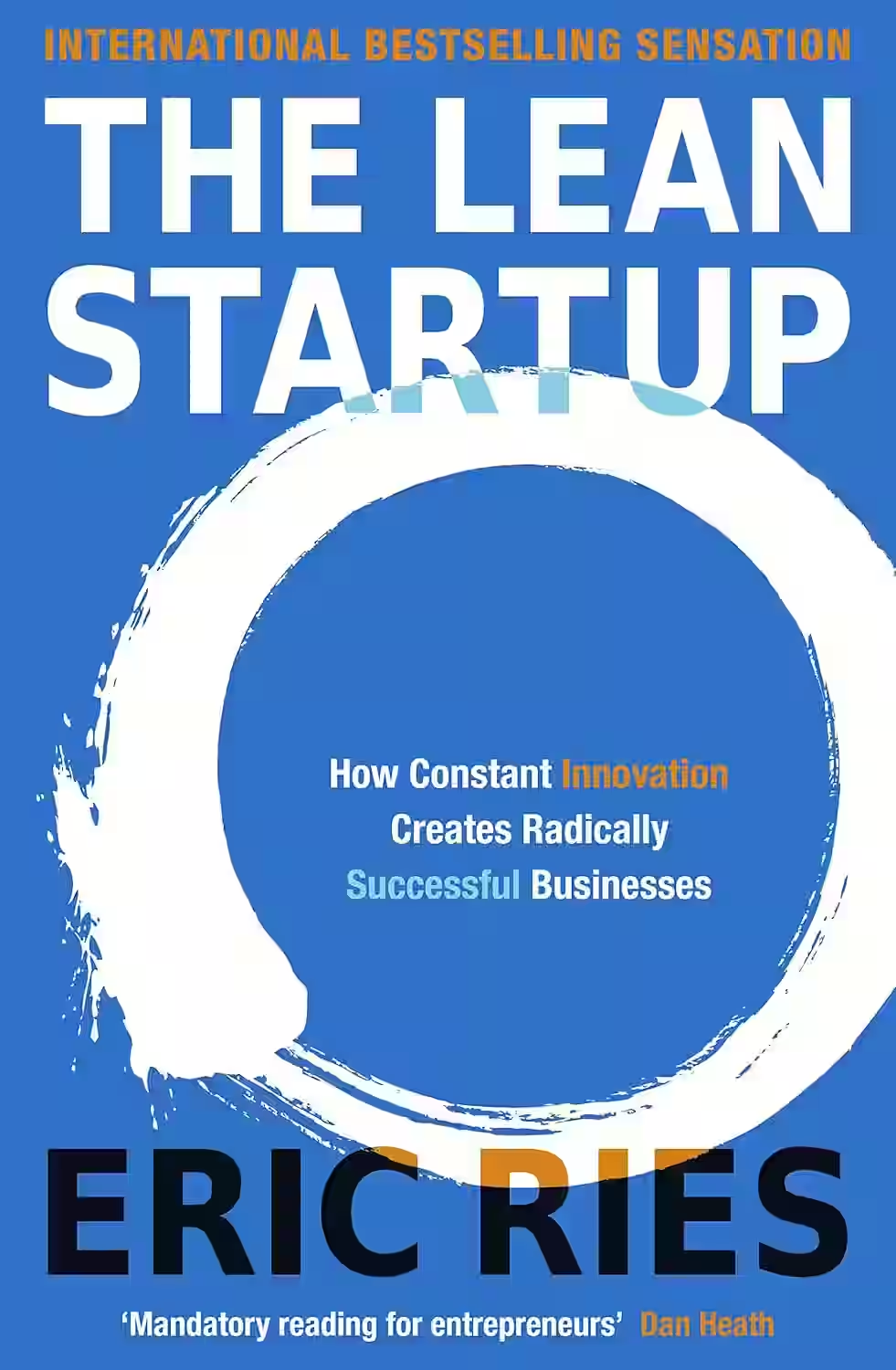
The Lean Startup presents a framework for building startups through continuous innovation, rapid experimentation, and customer feedback. Eric Ries introduces concepts like the Build-Measure-Learn loop, minimum viable product (MVP), and validated learning to help entrepreneurs reduce waste and improve decision-making. Rather than perfecting a product before launch, Ries advocates iterative development and pivoting based on real-world data. This approach enables startups to adapt quickly and succeed in uncertain markets. With practical tools and real examples, The Lean Startup has become a foundational guide for modern entrepreneurship, influencing startups, tech companies, and corporate innovation programs around the world.

Ayn Rand's 'The Fountainhead' is a gripping exploration of individualism, integrity, and the conflict between societal norms and personal identity. The story follows Howard Roark, an innovative architect who refuses to compromise his ideals for traditional expectations, facing immense opposition as he challenges conventional views of success and conformity. Through Roark's unwavering determination and philosophical integrity, Rand delves into themes of independence, creativity, and the struggle for authenticity in a conformist society. 'The Fountainhead' is a thought-provoking and controversial novel that continues to spark discussions on the value of individualism and the pursuit of one's true calling.
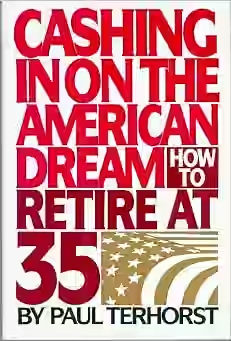
In 'Cashing in on the American Dream' by Paul Terhorst, the author challenges the conventional idea of working endlessly to retire comfortably in old age. Terhorst encourages readers to question the prevailing norms of the American Dream and instead opt for a simpler, more fulfilling life by retiring early. Through personal anecdotes and practical financial advice, Terhorst presents a roadmap for achieving financial independence and living life on one's own terms. The book delves into themes of frugality, minimalism, and mindful spending, emphasizing the importance of valuing experiences over material possessions. 'Cashing in on the American Dream' inspires readers to reassess their priorities and strive for a more meaningful existence.
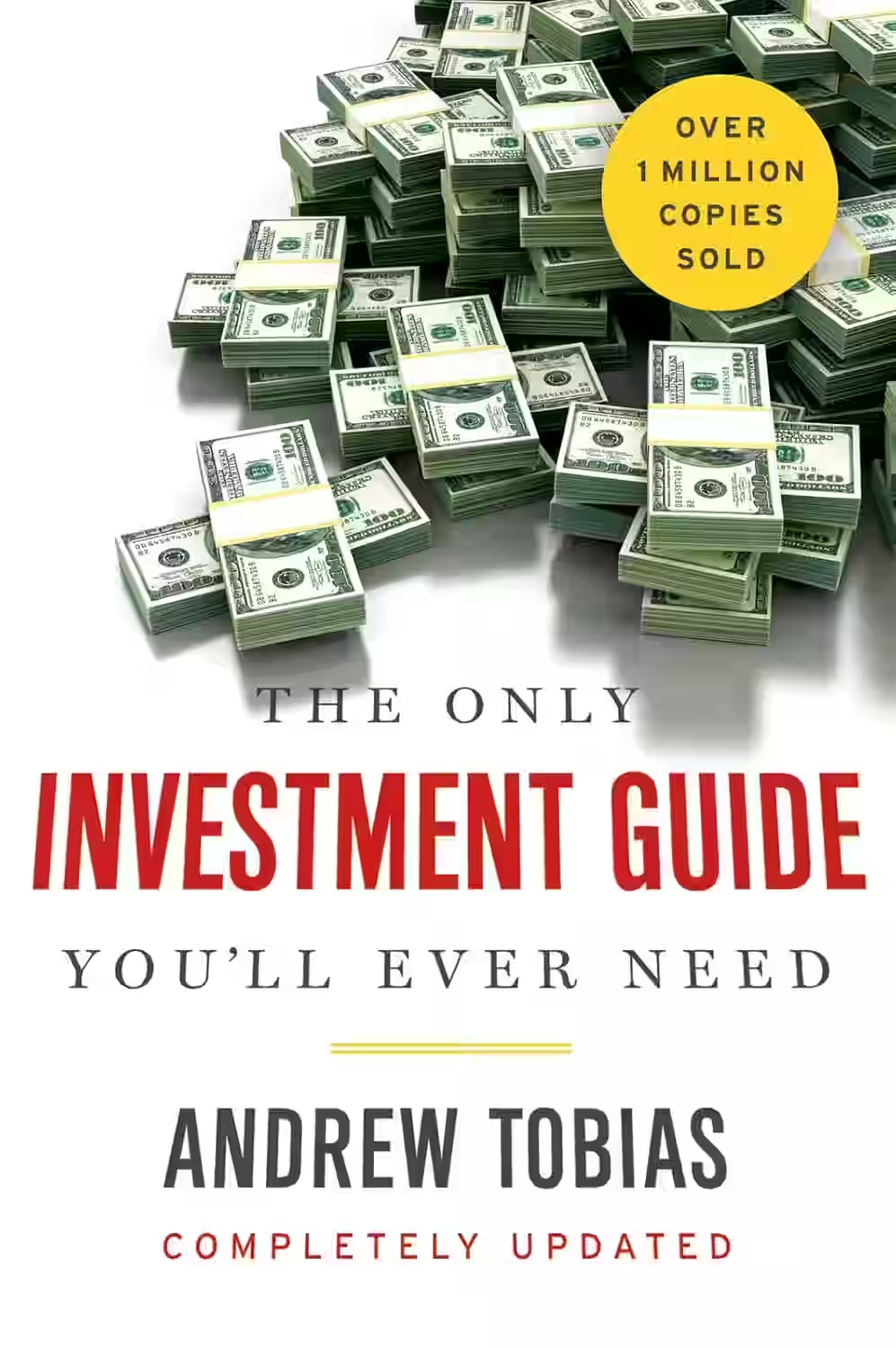
In 'The Only Investment Guide You'll Ever Need' by Andrew Tobias, readers are taken on a comprehensive journey into the world of personal finance. Tobias breaks down complex investment strategies into accessible and practical advice, empowering readers to take control of their financial future. With a witty and engaging writing style, he covers everything from stocks and bonds to real estate and retirement planning. The book not only provides valuable insights on how to make smart investment decisions but also emphasizes the importance of financial literacy and long-term planning. Whether you're a seasoned investor or just starting out, this book is a must-read for anyone looking to build wealth and secure their financial well-being.
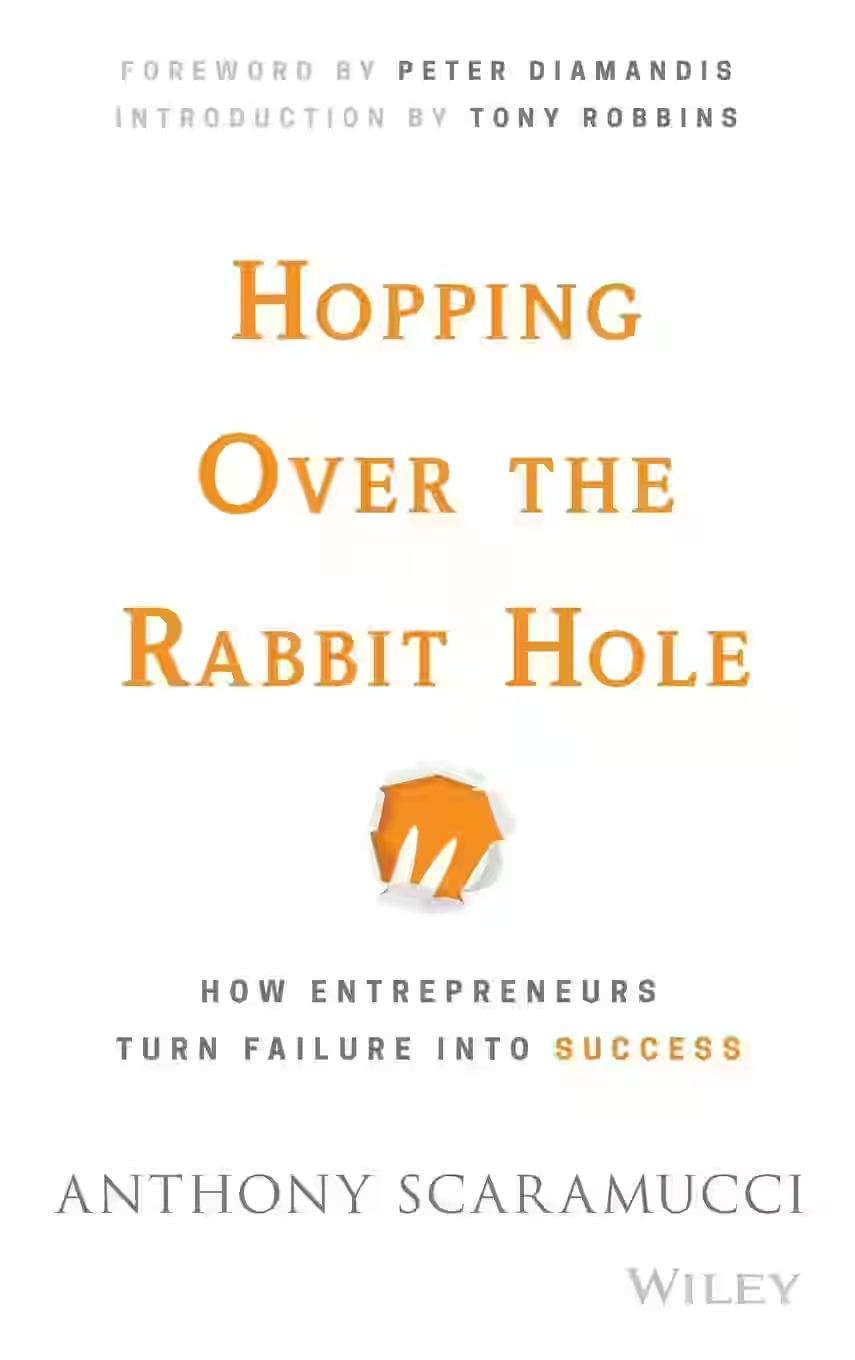
In 'Hopping Over the Rabbit Hole', Anthony Scaramucci delves into the world of entrepreneurship and business, offering valuable insights and advice for budding entrepreneurs. Through a combination of personal anecdotes and practical tips, Scaramucci explores the highs and lows of starting and running a business, emphasizing the importance of resilience and strategic thinking. With a conversational tone and wealth of experience, the author navigates through various challenges entrepreneurs face, providing readers with a roadmap for success. 'Hopping Over the Rabbit Hole' is a compelling read for both aspiring and seasoned entrepreneurs looking to navigate the complexities of the business world.
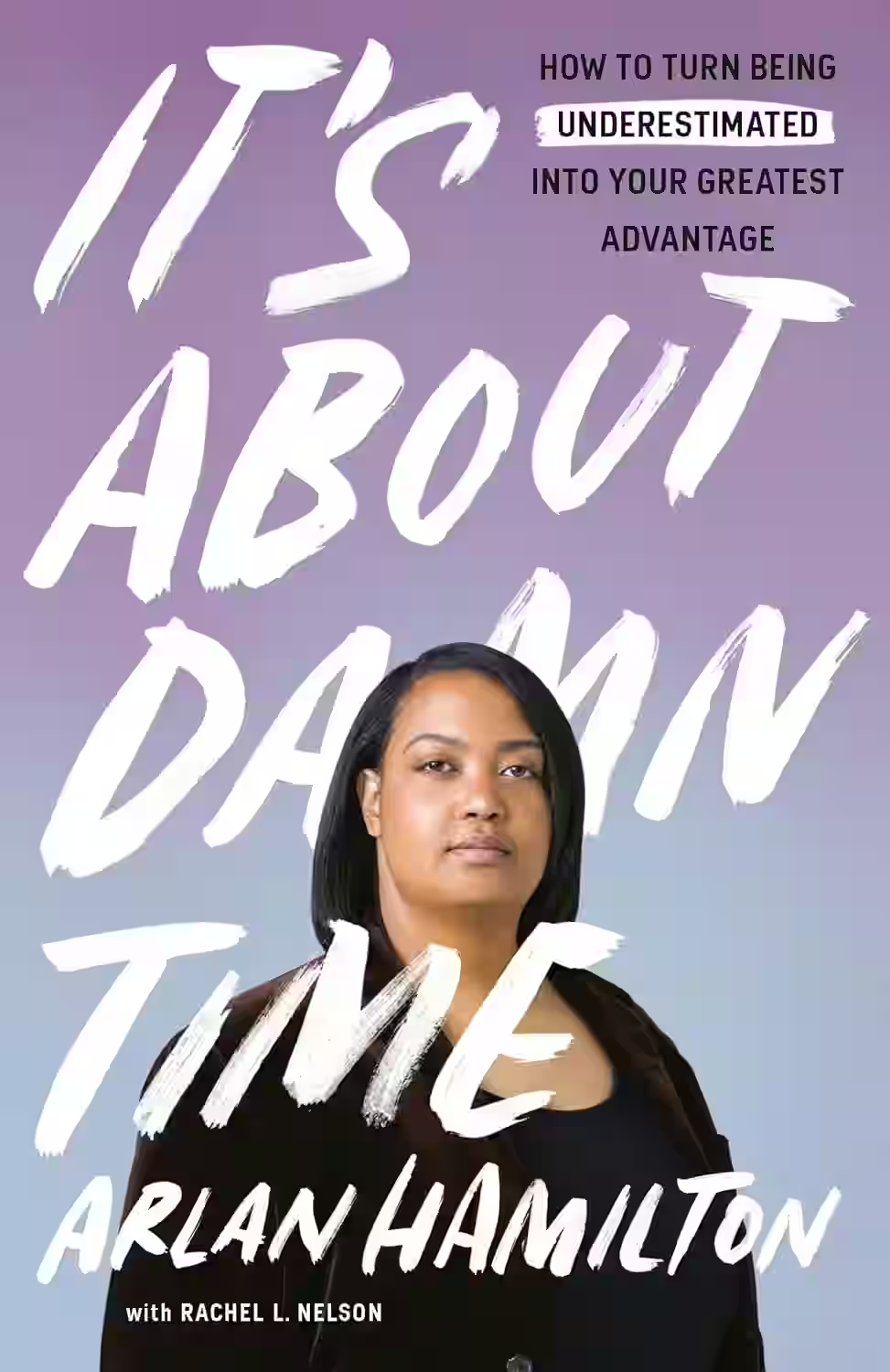
In 'It's About Damn Time,' Arlan Hamilton, a venture capitalist and the founder of Backstage Capital, shares her remarkable journey from being homeless to becoming a prominent figure in the tech industry. Through her compelling narrative, Hamilton discusses the challenges she faced as a black, LGBTQ+ woman in Silicon Valley and the strategies she employed to overcome systemic barriers. The book not only provides insights into the world of entrepreneurship but also serves as a powerful call to action for greater diversity and inclusion in the tech sector. Hamilton's courage and resilience shine through her writing, inspiring readers to pursue their dreams against all odds.
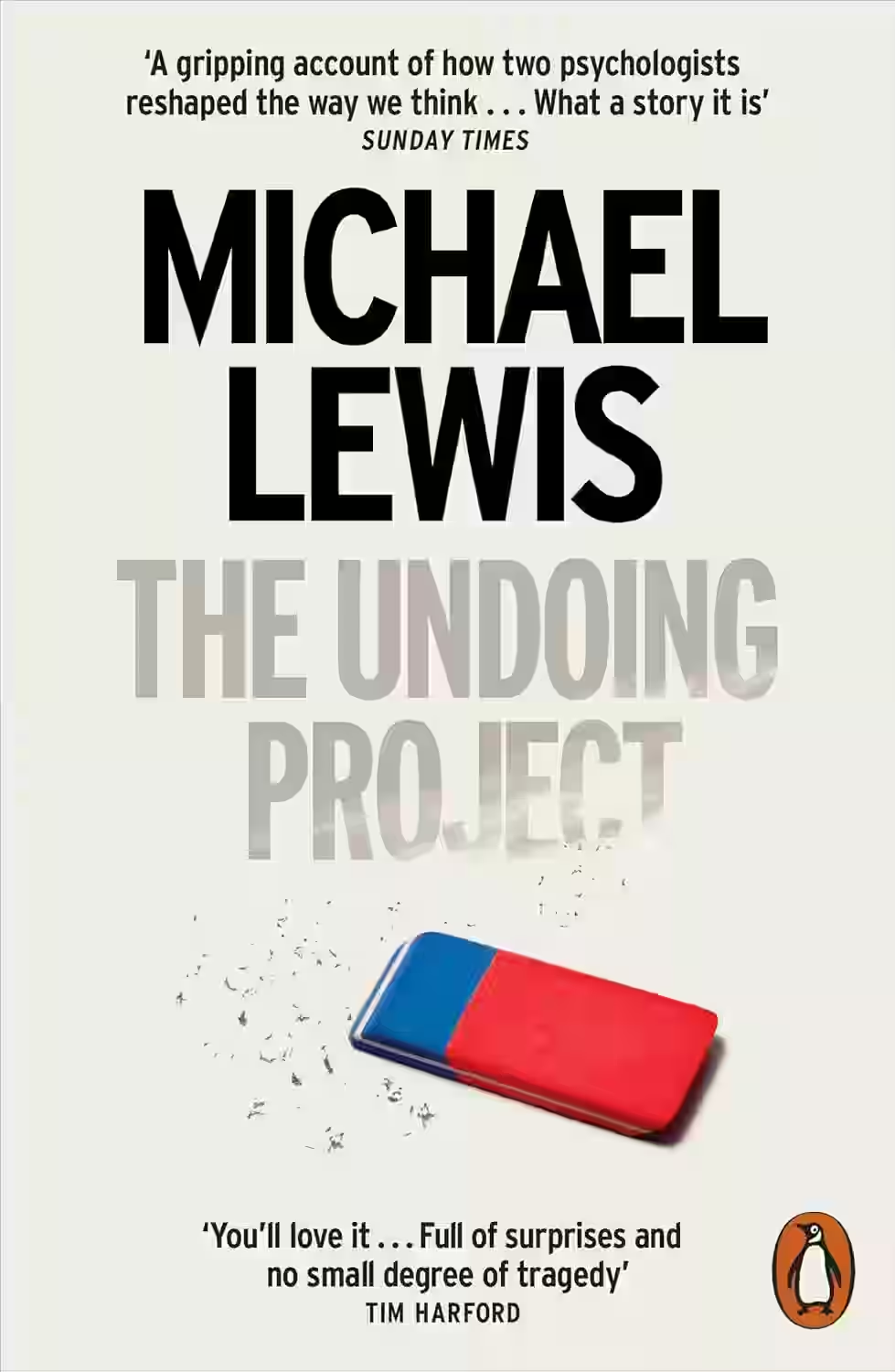
In 'The Undoing Project,' Michael Lewis delves into the fascinating partnership between psychologists Daniel Kahneman and Amos Tversky, whose groundbreaking work revolutionized cognitive psychology and our understanding of decision-making. Lewis skillfully weaves together their personal and professional lives, illustrating their complex bond and the significant impact their collaboration had on various fields, from economics to medicine. Through compelling storytelling, Lewis explores themes of human behavior, biases, and the unpredictability of the mind. This thought-provoking book challenges readers to reconsider their perceptions of rationality and offers profound insights into the intricacies of the human psyche.